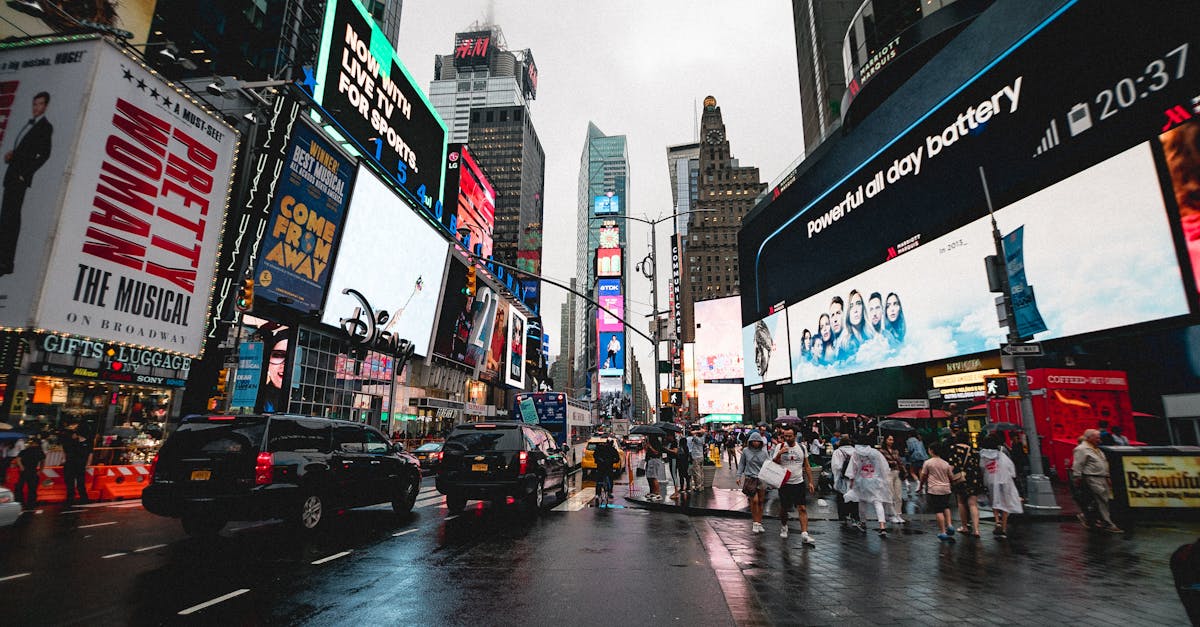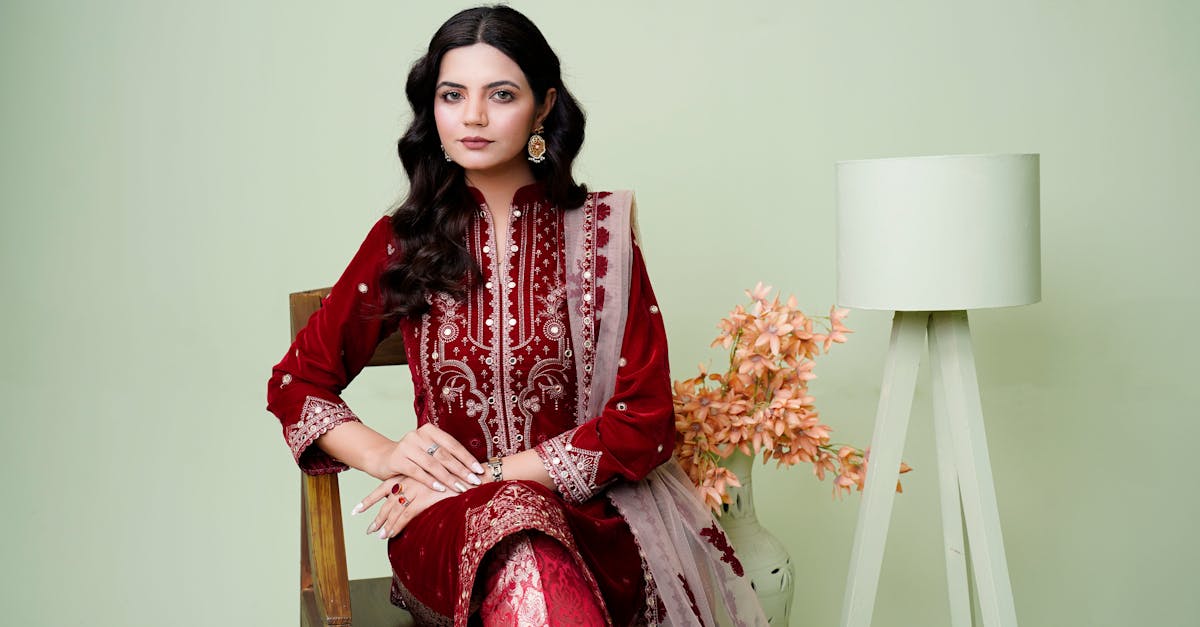Mindful Fashion Revolution Unveiled
Introduction to Mindful Fashion
In recent years, the fashion industry has undergone a revolutionary transformation, embracing sustainability and mindfulness as cornerstones of modern style. Mindful fashion, an emerging movement, prioritizes ethical practices, environmental sustainability, and consumer consciousness. As we become increasingly aware of the impact our choices have on the planet, the fashion world is stepping up to foster a positive change. This revolution delves beyond aesthetics, emphasizing responsibility, transparency, and a commitment to future generations. From design to production, mindful fashion challenges traditional practices, urging brands and consumers alike to rethink their interactions with clothing. Together, we are witnessing the dawn of a sustainable fashion era that promises more than just trends.
Advertisement
The Core Principles of Mindful Fashion
Mindful fashion revolves around key principles that distinguish it from conventional fashion. At its core, it champions sustainability, ensuring that environmental harm is minimized through every step of the production process. Brands are increasingly adopting eco-friendly materials, such as organic cotton, recycled fabrics, and biodegradable dyes, making conscientious choices that prioritize nature. Ethical labor practices form another pillar, as the industry gradually takes steps to abolish exploitative working conditions. Transparency is woven into the fabric of mindful fashion; consumers are now demanding full disclosure about the origins and journey of their garments. This shift not only empowers shoppers but also holds brands accountable to higher standards.
Advertisement
The Rise of Conscious Consumerism
The shift towards mindful fashion is significantly fueled by a new wave of conscious consumerism. Today's consumers are more informed and increasingly critical of fast fashion's detrimental effects. They are choosing quality over quantity, seeking timeless pieces that stand the test of time both in style and durability. With access to comprehensive brand information, consumers are actively supporting companies that align with their values. Labels that prioritize fair labor, sustainable resources, and waste reduction are gaining favor over those exploiting traditional, less-sustainable methods. This new consumer movement doesn't just cherish aesthetics; it cherishes stories, ethics, and a shared vision for a sustainable future.
Advertisement
Innovative Practices in Sustainable Design
The mindful fashion revolution has inspired designers to explore innovative practices that align with sustainability. From zero-waste pattern designing to digital customization, a plethora of techniques are redefining garment creation. Technological advancements, such as 3D clothing simulations and bio-fabrication, are pushing boundaries, presenting environmentally-friendly alternatives to traditional methods. Circular fashion is gaining momentum, encouraging a life cycle of design where garments are recycled or upcycled into new creations instead of ending as waste. The emergence of 'slow fashion' advocates for less, but better consumption, promoting quality craftsmanship and timeless classics over fleeting fads.
Advertisement
Impact on the Supply Chain
The mindful fashion movement has significant implications for the global supply chain. By advocating for locally-sourced raw materials and localized production, it endeavors to reduce the carbon footprint associated with long-distance transportation. Smaller, nimble supply chains enable brands to respond dynamically to consumer demands while minimizing waste and unsold inventory. Collaborative partnerships between brands and suppliers stress ethical labor conditions and sustainable practices. Moreover, the shift towards on-demand production is challenging the traditional seasons-based runway model, furthering efforts to ensure that supply aligns more closely with actual consumer demand.
Advertisement
The Role of Technology and Innovation
Technology continues to play a pivotal role in driving the mindful fashion revolution. Sophisticated data analytics and AI-enabled tools aid in accurate consumer demand forecasting, ensuring that overproduction is curtailed. QR codes and blockchain technology give consumers unprecedented insight into supply chains, enhancing transparency and trust. Advances in materials science are unlocking new eco-friendly fibers and fabrics, paving the way for the future's sustainable wardrobes. Virtual reality (VR) and augmented reality (AR) are also redefining shopping experiences, offering 'try-before-you-buy' options that reduce return rates and associated waste. These technological strides are integral in reshaping the fashion landscape.
Advertisement
Educating and Empowering Consumers
Mindful fashion is not just about the actions of brands—it's a comprehensive educational journey for consumers. Various awareness campaigns and educational platforms empower individuals to make informed choices. Fashion influencers and industry thought-leaders are amplifying conversations about ethical styling and championing changes consumers can integrate into their daily lives. Workshops and forums provide valuable insights on garment care and sustainable practices, encouraging longer-lasting wear. As consumers become increasingly knowledgeable, they become advocates for change, demanding intentional actions not just in fashion, but in numerous other facets of daily life.
Advertisement
Challenges Faced by the Movement
While the mindful fashion revolution is promising, it faces challenges manifesting at numerous levels. Transitioning from fast to sustainable fashion involves substantial upfront investments in research and technology. Consumers accustomed to low-cost, rapidly changing trends may hesitate to adopt higher-priced, durable alternatives. Global policies and regulatory frameworks also need to evolve to support these changes, often lagging behind industry demands. Nevertheless, grassroots activism and collaborations among NGOs, activists, and fashion houses are helping navigate these hurdles, gradually moving the industry towards a more equitable, sustainable future.
Advertisement
The Future of Mindful Fashion
As the mindful fashion movement gains traction, its future is predicated on continued innovation and collaboration. Industry-wide adoption of sustainable best practices promises not only ecological benefits but also a reinvigorated economic model that cherishes value over volume. The evolution of personalized and customizable fashion stands to challenge the traditional, one-size-fits-all approach. Looking ahead, mindful fashion is poised to integrate even more groundbreaking solutions, from bio-engineered textiles to AI-designed clothing. As consumers and brands coalesce in a shared vision, the sustainability movement is set to redefine the fashion industry's identity worldwide.
Advertisement
Conclusion
The mindful fashion revolution offers a beacon of hope, illuminating the path for future generations seeking sustainability and responsibility in the industry. As we endeavor to minimize our ecological footprint, mindful fashion stands at the forefront of transformative change, redefining beauty, and significance in style. With each conscious purchase and ethical initiative, we inch closer to a harmonious balance between fashion and nature. Yet, this evolution calls for continuous vigilance and collaboration, ensuring that sustainability becomes the new normal. Together, we are crafting a lasting legacy that will resonate far beyond the seamlines of today.
Advertisement








